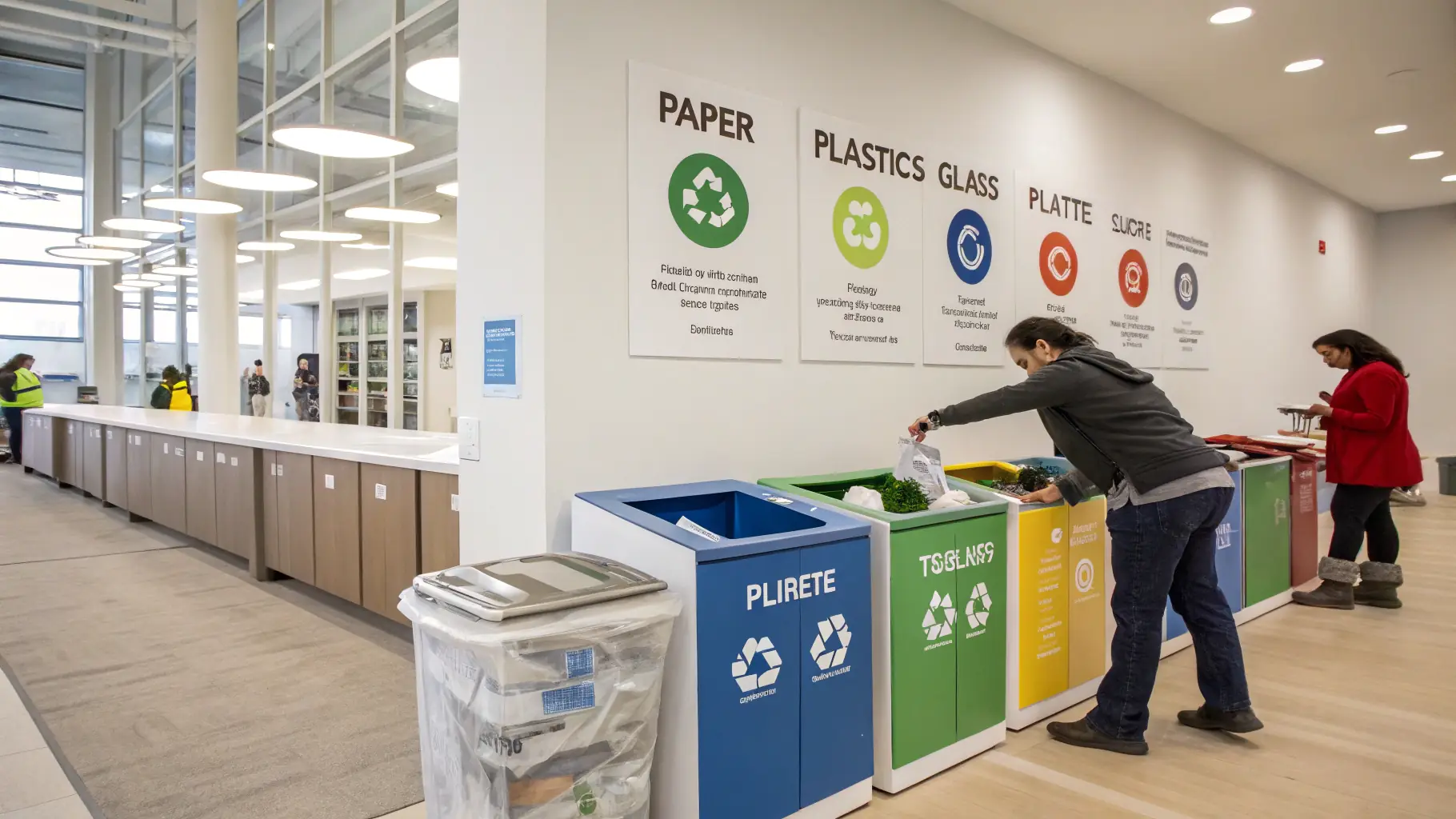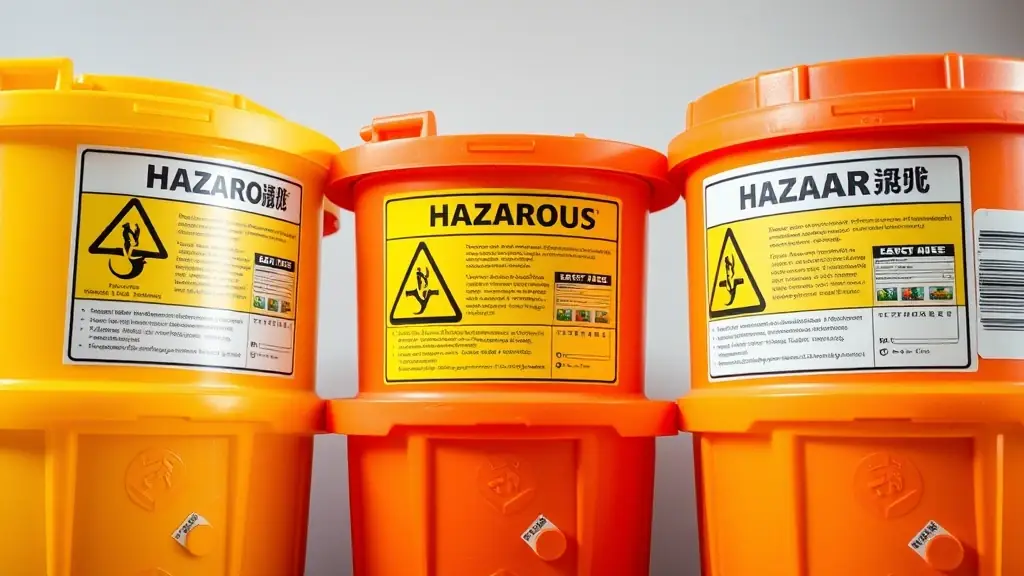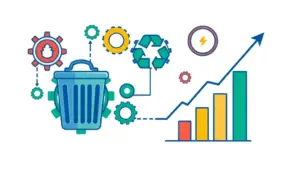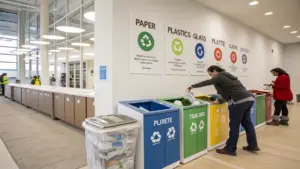Recycling plays a crucial role in minimizing our environmental footprint. By properly sorting and recycling materials, we can conserve natural resources and reduce the strain on landfills. Effective recycling programs require community engagement and education. Properly educating residents about the importance of recycling and providing clear guidelines can significantly improve participation rates. Implementing a comprehensive recycling program involves several key steps. First, establish clear guidelines for what materials are recyclable. Second, provide convenient and accessible recycling bins and drop-off locations. Third, educate residents about the importance of proper sorting and disposal techniques. Finally, monitor and evaluate the program’s effectiveness to identify areas for improvement. Community engagement is essential for the success of any recycling program. Organize workshops and outreach events to educate residents about the benefits of recycling. Partner with local schools and businesses to promote recycling awareness. Encourage residents to share their recycling tips and experiences on social media. These initiatives can foster a sense of collective responsibility and encourage wider participation.
Hazardous Waste Disposal: Safe Practices and Regulations
Proper disposal of hazardous waste is crucial for protecting public health and the environment.



